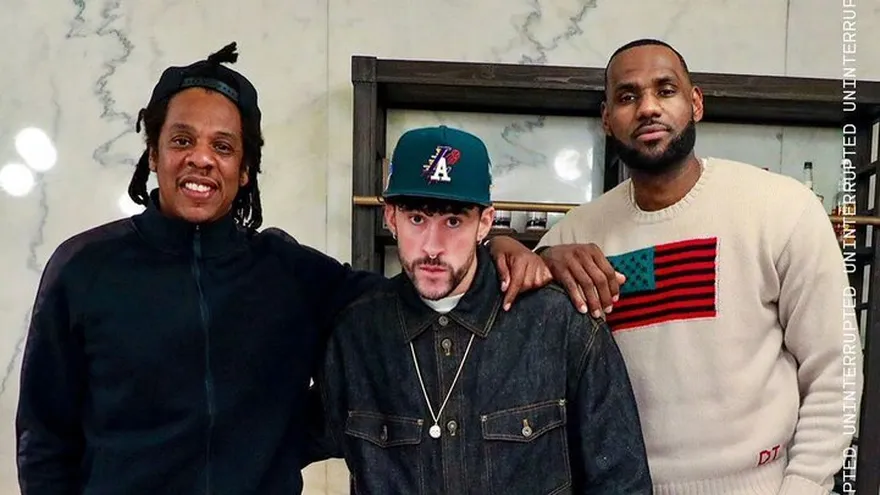In a statement, South Korea's Prime Minister Kim Min-Seok expressed his approval of the students' decision to end their boycott, highlighting its significance in addressing the nation’s healthcare challenges.
Thousands of medical students across South Korea are gearing up to return to their studies after a protracted 17-month boycott that began in protest against government plans to increase medical school admissions. This boycott initiated by the medical students was primarily driven by fears that a surge in admissions would compromise the quality of their medical education.
The Korean Medical Association (KMA), which represents these students, confirmed their decision to resume classes but has yet to establish a timeline for when this will fully take effect. The association has called on the government to restore the academic calendar and enhance training conditions for future doctors.
South Korean Prime Minister Kim Min-Seok commented on the development, deeming the end of the boycott a "big step forward" and urging a comprehensive assessment of the medical field involving Congress to resolve ongoing issues within the sector.
The KMA has expressed its commitment to trust the government and parliament, stating, "We will place our trust in the government and parliament and commit to returning to school to help normalize medical education and the healthcare system.” This cooperative stance was echoed in a statement made in conjunction with the education committee from parliament and various lobbying groups.
In March, the government proposed increasing annual medical student admissions from about 3,000 to roughly 5,000, citing a growing healthcare demand. However, they later retracted this proposal, which is set to take effect in 2025. Meanwhile, reports from the education ministry reveal that 8,305 students may face grade retention, necessitating a repeat of the same academic year due to the prolonged disruption.
Thousands of medical students across South Korea are gearing up to return to their studies after a protracted 17-month boycott that began in protest against government plans to increase medical school admissions. This boycott initiated by the medical students was primarily driven by fears that a surge in admissions would compromise the quality of their medical education.
The Korean Medical Association (KMA), which represents these students, confirmed their decision to resume classes but has yet to establish a timeline for when this will fully take effect. The association has called on the government to restore the academic calendar and enhance training conditions for future doctors.
South Korean Prime Minister Kim Min-Seok commented on the development, deeming the end of the boycott a "big step forward" and urging a comprehensive assessment of the medical field involving Congress to resolve ongoing issues within the sector.
The KMA has expressed its commitment to trust the government and parliament, stating, "We will place our trust in the government and parliament and commit to returning to school to help normalize medical education and the healthcare system.” This cooperative stance was echoed in a statement made in conjunction with the education committee from parliament and various lobbying groups.
In March, the government proposed increasing annual medical student admissions from about 3,000 to roughly 5,000, citing a growing healthcare demand. However, they later retracted this proposal, which is set to take effect in 2025. Meanwhile, reports from the education ministry reveal that 8,305 students may face grade retention, necessitating a repeat of the same academic year due to the prolonged disruption.



















